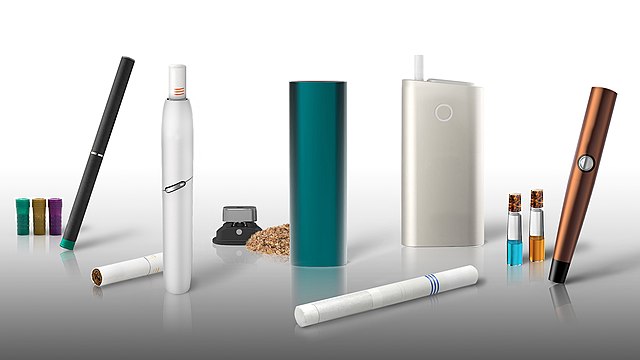New zero-tobacco heat sticks are coming under increased scrutiny in several European countries, while the European Union may evaluate updating tobacco regulations on the new product.
The sticks made their appearance on European markets in late 2023, with tobacco giants Philip Morris International (PMI) and British American Tobacco (BAT) hoping to tap into a new source of revenue in order to show investors with some innovative new product. The sticks, made with nicotine-infused substances, like rooibos tea, also help tobacco companies to circumvent current bans on flavoured heated tobacco products.
Currently, BAT’s zero-tobacco sticks are available in 11 European markets but plans to roll them out in other markets around the world. PMI’s sticks are available in Czech Republic and the company plans to expand soon in other countries. The sticks have been proven quite successfully in some countries. BAT reported that they account for half of all sticks sold in Czech Republic and Romania, 30% in Germany and 19% in Greece.
However, this new strategy is already facing resistance in some EU member states. Latvia, Lithuania and Croatia are setting up new regulations that will close the current regulation loophole that allow the sale.
Latvia is the frontrunner of the three, with a draft bill already on the table that will equate zero-tobacco sticks with other tobacco substitutes and will call for a ban on all flavours bar tobacco from 2025. Both Croatia and Lithuania are in a preliminary phase, with plans to regulate the issue. In addition, Belgium, Slovenia, Switzerland, and Poland are all working on some sort of regulation or tax for the sticks. Meanwhile Germany is investigating whether current tobacco laws already could cover them.
The European Commission may intervene next time when it updates its tobacco laws, most likely on flavours and marketing. Both BAT and PMI are supportive of regulations to a degree. BAT wants evidence-based regulations and excise on tax for the sticks, something that is currently on in 15 EU member states.

